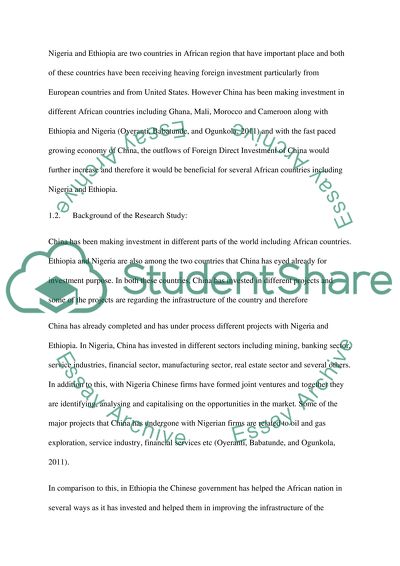Cite this document
(“The relationship between the foreign direct investment and the growth Dissertation”, n.d.)
Retrieved from https://studentshare.org/macro-microeconomics/1396250-the-relationship-between-the-foreign-direct-investment-and-the-growth-and-development-of-the-underdeveloped-and-developing-countries
Retrieved from https://studentshare.org/macro-microeconomics/1396250-the-relationship-between-the-foreign-direct-investment-and-the-growth-and-development-of-the-underdeveloped-and-developing-countries
(The Relationship Between the Foreign Direct Investment and the Growth Dissertation)
https://studentshare.org/macro-microeconomics/1396250-the-relationship-between-the-foreign-direct-investment-and-the-growth-and-development-of-the-underdeveloped-and-developing-countries.
https://studentshare.org/macro-microeconomics/1396250-the-relationship-between-the-foreign-direct-investment-and-the-growth-and-development-of-the-underdeveloped-and-developing-countries.
“The Relationship Between the Foreign Direct Investment and the Growth Dissertation”, n.d. https://studentshare.org/macro-microeconomics/1396250-the-relationship-between-the-foreign-direct-investment-and-the-growth-and-development-of-the-underdeveloped-and-developing-countries.


